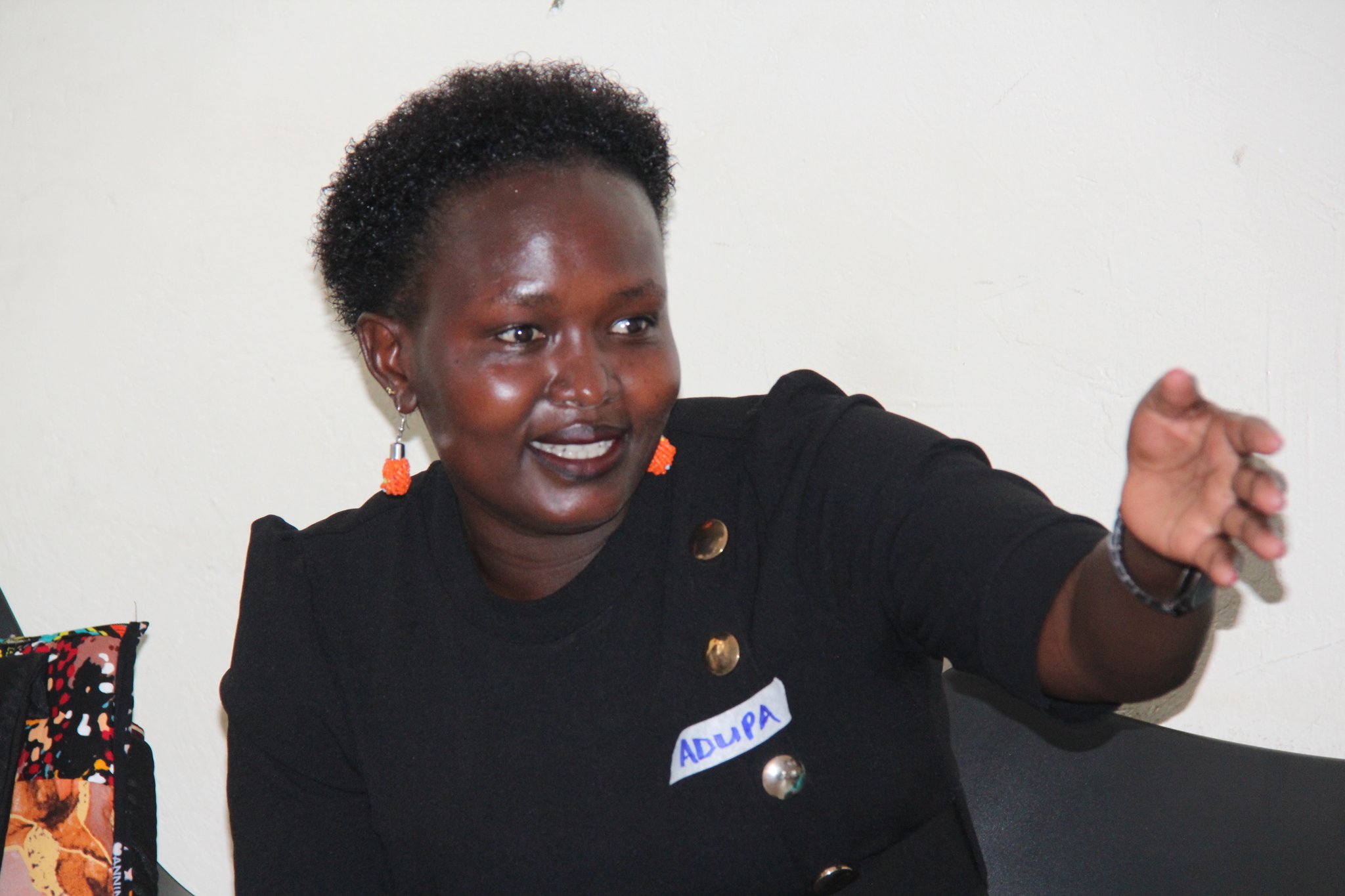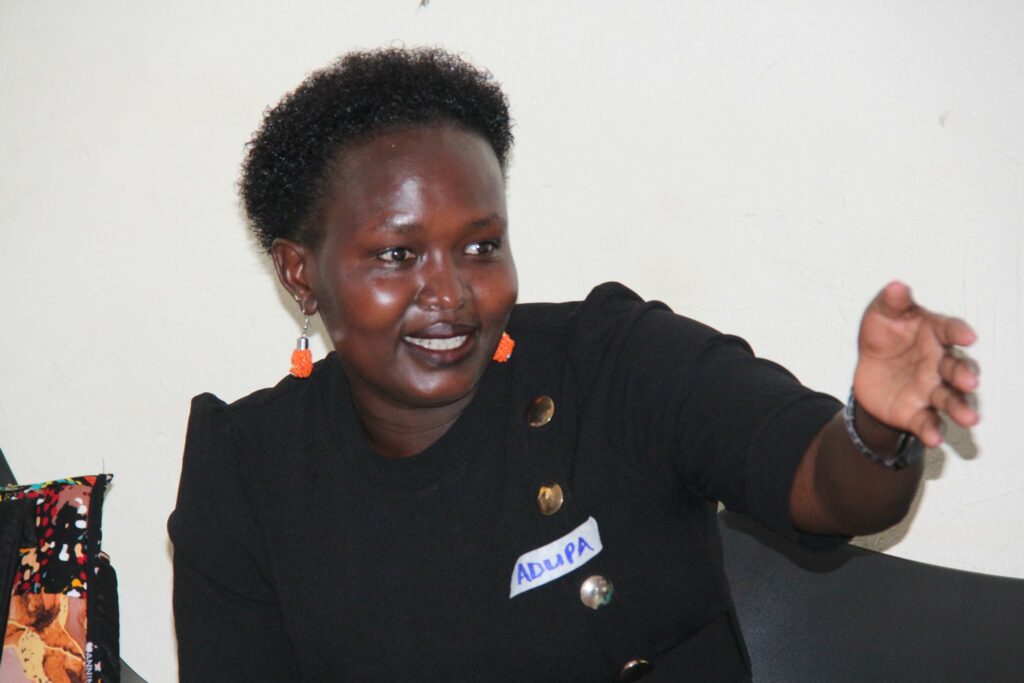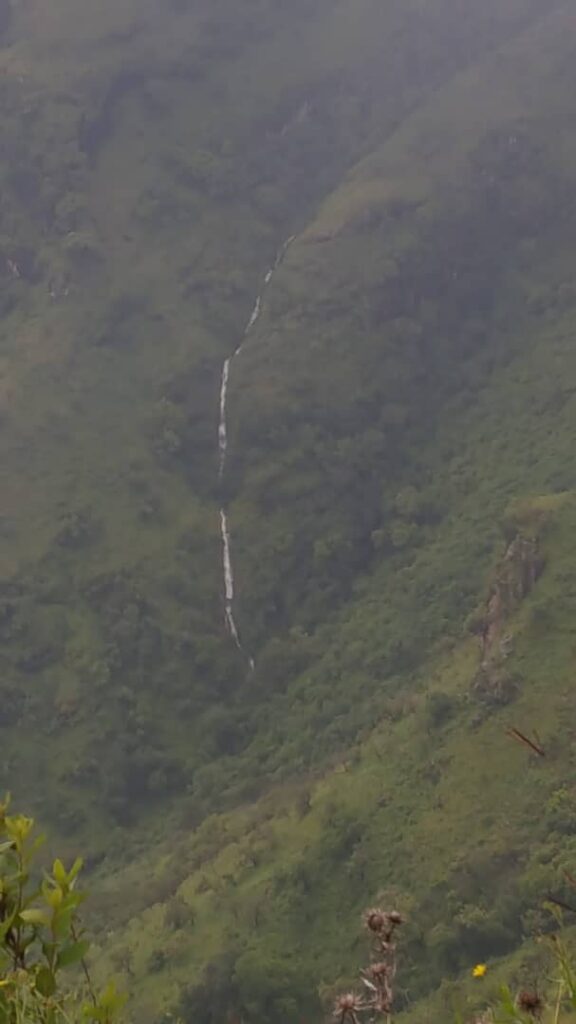
 Mama FM
Mama FM

 Mama FM
Mama FM
21 November 2024, 9:39 pm
By Byamukama Alozious
Adupa Stephany’s remarkable journey from village advocate to leader in environmental activism provides a powerful example of grassroots change, driven by community action and media engagement. From Tapach Sub-County in Moroto District, Adupa has become a significant force, not only in local politics but also in the fight to protect Ilipas Forest, a vital natural resource for the people of Mount Moroto.

Adupa shared her story during the interactive dialogue on public accountability, where women leaders were provided with knowledge and skills to address the pressing needs in their communities through media. This event was organised by the Uganda Media Women’s Association in partnership with the Africa Centre for Media Excellence, the Editors’ Guild, and Uganda Radio Network under the M-Space project, funded by the Danish Embassy.
Adupa’s leadership journey began in 2015 when she was inspired by the women in her community. Raised as a Catholic, she first became involved in volunteer work with women’s groups, assisting with religious services. Her commitment to these groups soon caught the attention of those around her, and the women in her community encouraged her to step into politics, believing she could represent their voices.
At just 19, despite initial hesitation, Adupa agreed to run for office. The community’s support was overwhelming—women raised funds to cover the costs of her registration for the National Resistance Movement (NRM) primaries, and she was elected as a councillor. With determination and a strong sense of responsibility, Adupa set out to champion the needs of her community.
In 2019, Adupa’s leadership was put to the test when the National Forestry Authority (NFA) announced plans to destroy Ilipas Forest on Mount Moroto. Established by the British in 1943, the forest was not only a historical landmark but also a lifeline for the people in the region. Providing vital resources such as water, medicinal plants, and firewood, as well as playing a crucial role in stabilising the local climate, the forest was an irreplaceable resource.

When the NFA proposed the destruction of Ilipas Forest, Adupa refused to stand by idly. She quickly recognised the threat this posed to her community and began mobilising local support. She reached out to community members through meetings and petitions, organising 60 parishes to take action. What followed was a mass mobilisation effort that garnered significant attention.
Adupa’s efforts were characterised by a series of strategic moves. She used social media platforms like WhatsApp to spread information and encourage participation in the movement. Flash drives containing information were distributed, and she led parish meetings to engage the community at every level. Local leaders, including the bishop and local Members of Parliament, rallied behind her cause, strengthening the momentum for change.
As the community’s efforts gained strength, Adupa coordinated a peaceful 57-kilometre protest walk from Tapach sub-county to the Moroto district headquarters. This march, which was joined by locals, clergy, and activists, aimed to present their petition to district authorities and demand the preservation of the forest. The event was not only a powerful display of solidarity but also served to raise awareness about the significance of Ilipas Forest.
The role of media in this struggle cannot be overstated. Recognising the power of media to amplify their cause, Adupa worked with journalists and media outlets, including Daily Monitor and local radio stations, to cover the protest and bring national attention to the issue. Their extensive coverage played a crucial role in putting pressure on the NFA and the government to reconsider their decision.
Through the tireless efforts of Adupa and her community, Ilipas Forest remains intact. The mobilisation sparked by the people of Tapach sub-county, amplified by media engagement, was instrumental in preserving a vital resource that had sustained their ancestors for generations. This victory stands as a testament to the power of grassroots activism, the effectiveness of media partnerships, and the strength of collective action.
Today, Adupa Stephany is not just a politician; she is a beacon of hope and a leader who has shown that when communities come together to fight for what is right, they can create lasting change. Her story is one of inspiration, proving that leadership, when rooted in the needs of the people, can make a tangible difference. As an advocate for both her people and the environment, Adupa continues to be a force for good, ensuring that the resources her community depends on are protected for future generations.